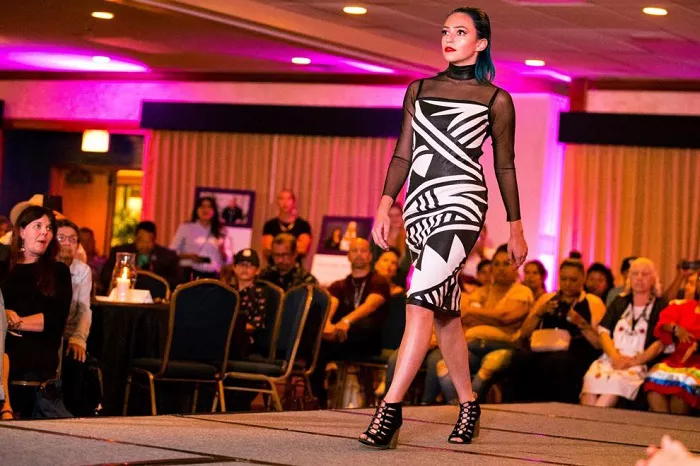London Fashion Week, the youngest of Europe’s major fashion events, began in 1984. Despite its relatively recent start, it has earned a reputation for being bold and experimental, featuring innovative designers and daring clothing. The event is also known for its frequent protests.
Concerns about animal rights and sustainability in fashion have sparked debate about whether fashion weeks should be canceled. Yet, fashion remains a vital indicator of societal trends and often leads the way in addressing political, gender, and traditional issues. However, its track record on sustainability is often criticized.
As London Fashion Week celebrates its 40th anniversary, industry experts weigh in on its future and relevance.
Facing the Challenges
“Fashion week is a crucial platform for discussing the industry’s role in the climate emergency,” says George Kafka, curator at the Design Museum. He believes that London Fashion Week (LFW) has a key role in this conversation. “It could be a major advocate for sustainable practices by highlighting designers who prioritize these issues.”
The British Fashion Council (BFC), which organizes London Fashion Week, is making strides towards sustainability. “Starting with the 2024 season, fashion week will be completely fur-free,” says Caroline Rush, BFC Chief Executive. The BFC is also enforcing minimum sustainability standards for new designers through initiatives like BFC NEWGEN, aligning with the UN’s Sustainable Development Goals.
However, a recent Collective Fashion Justice report reveals that fewer than 4% of BFC member brands have set emissions reduction targets. This raises questions about the industry’s commitment to sustainability.
A Platform for Creativity
Despite challenges, London Fashion Week’s role in inspiring fashion remains significant. “LFW energizes and drives innovation,” Rush says. “Designers today need to engage both trade and consumer audiences, shifting focus from traditional press and buyers to influencers and celebrities.”
Historically, London Fashion Week has provided a stage for visionary designers. Scottish designer Pam Hogg, known for her avant-garde shows in the 1980s, became a staple of the event. Her shows, characterized by creativity and integrity, have featured stars like Siouxsie Sioux, Lady Gaga, Kate Moss, and Debbie Harry.
Fashion Week continues to support British designers like Hogg and new talents with fresh perspectives. “Fashion should reflect the diversity of our society,” says Victoria Jenkins, founder of the socially responsible brand Unhidden. “This anniversary is a call to action for brands to consider how they can serve all communities.”
For models, London Fashion Week remains a valuable platform. British model Fran Summers, known for her work with Burberry and British Vogue, comments, “I’m proud that London is my home fashion week. It feels like the new talents have important things to say.”
As London Fashion Week reaches this milestone, there is hope that it will continue to challenge norms, inspire future generations, and address pressing societal issues.
Related topics:
- Seoul Fashion Week To Spotlight Over 30 Fashion And Beauty Hotspots
- Tyra Banks Is Returning To The Victoria’s Secret Fashion Show Runway
- Utah World Fashion Week And Utah Latin Runway

